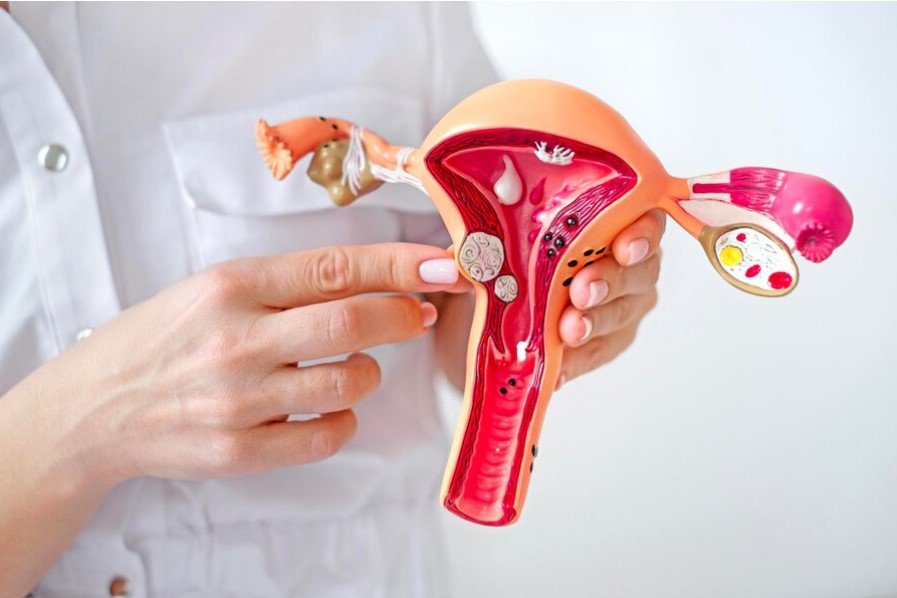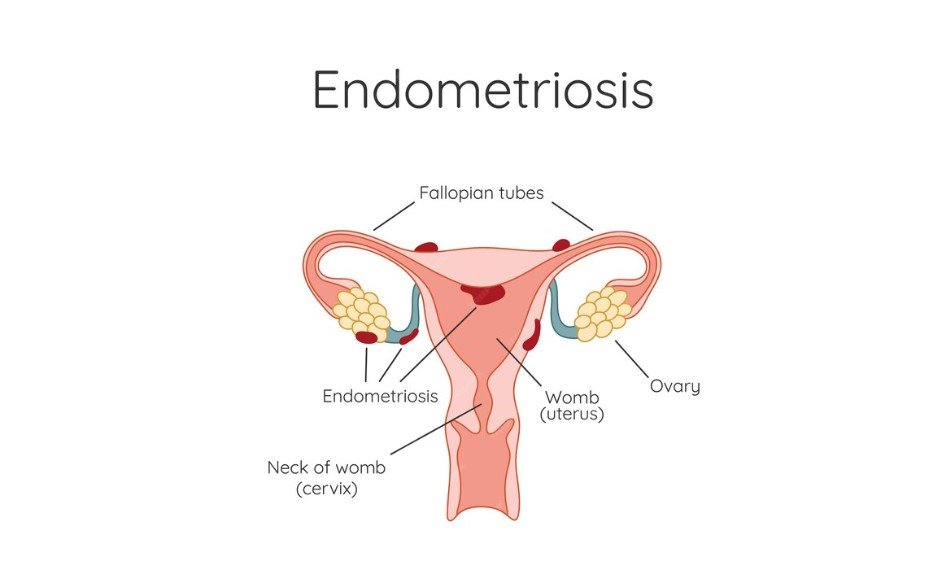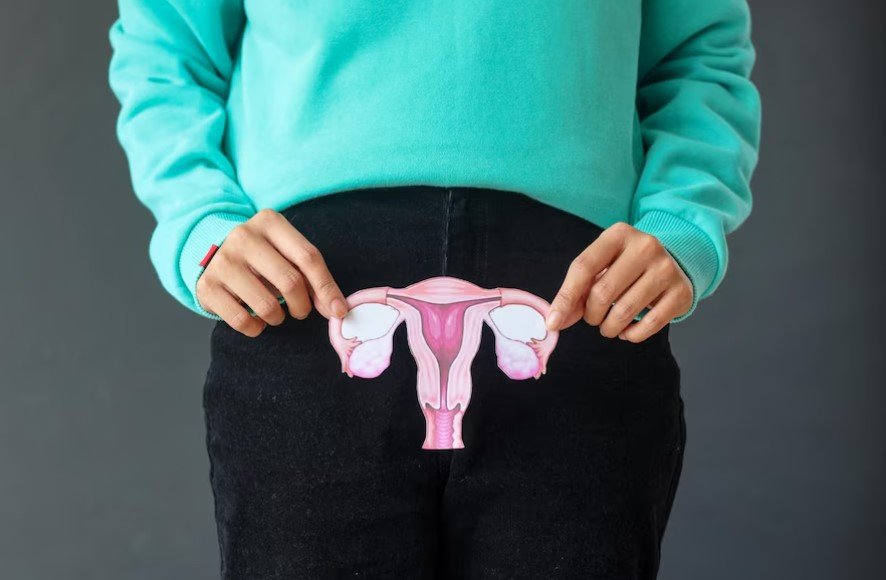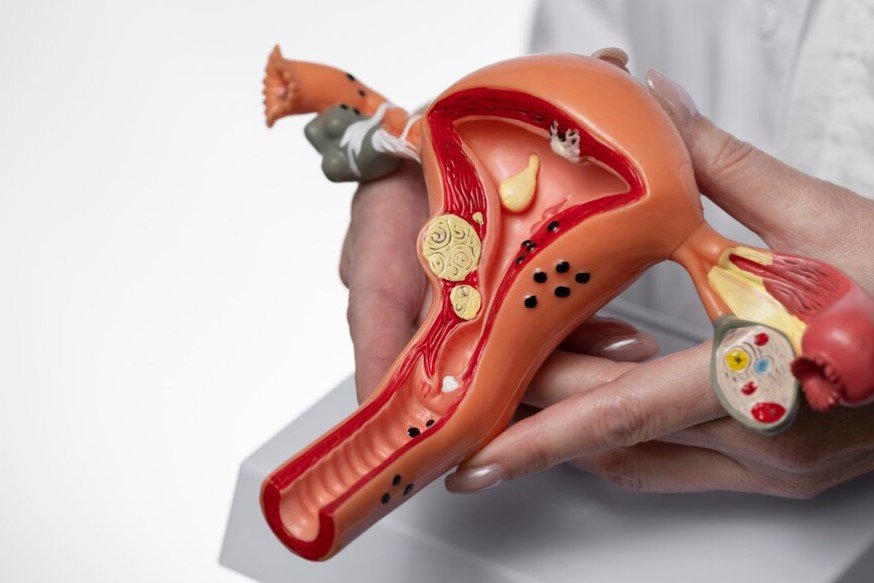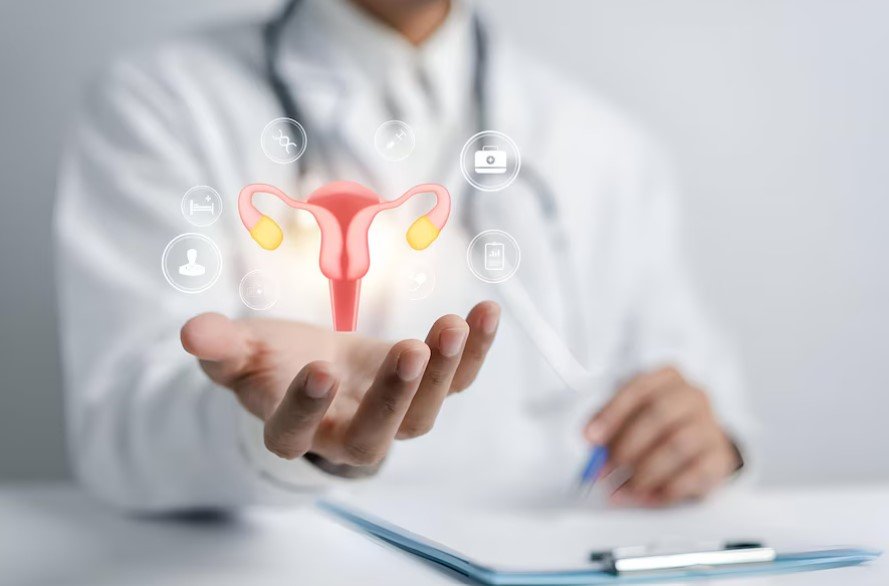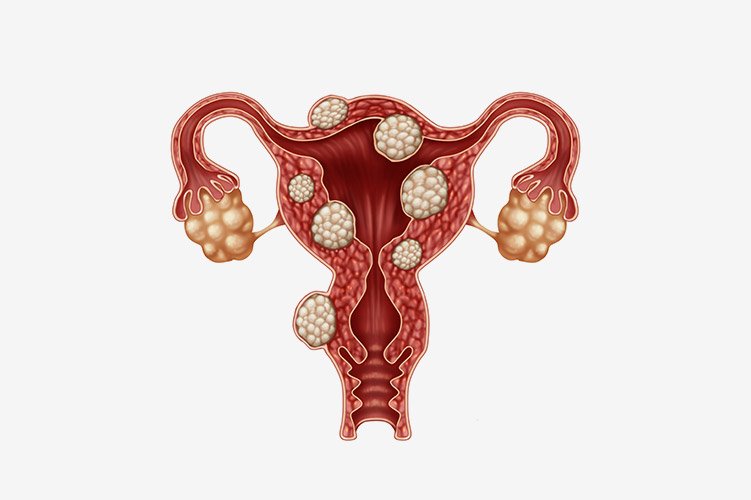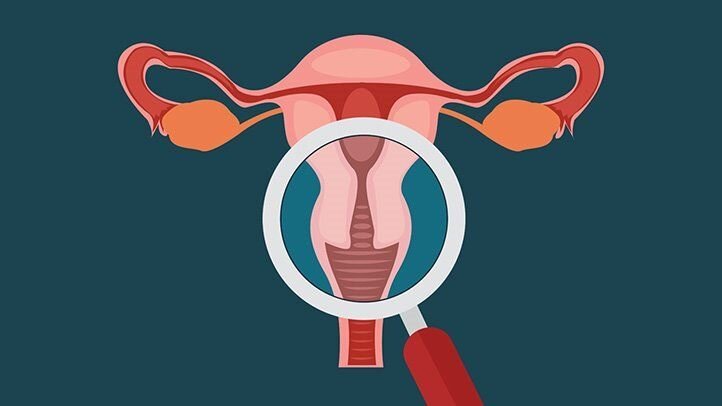In the field of gynecology, technology is advancing rapidly, and robotic surgery is emerging as a game-changer. Women facing complex gynecological issues can now opt for minimally invasive procedures that promise precision, faster recovery, and better outcomes. If you are considering advanced gynecological care, choosing the Best Robotic Gynae Surgeon in Faridabad ensures that you receive cutting-edge treatment tailored to your needs. Among the top surgeons in the field is Dr. Shweta Mendiratta, a pioneer in robotic-assisted surgeries in Faridabad.
What Is Robotic Surgery?
Robotic surgery in gynecology involves the use of robotic systems to assist surgeons in performing precise and minimally invasive procedures. These robotic systems are equipped with advanced technology that allows surgeons to perform delicate operations through small incisions with enhanced accuracy. The most used system is the da Vinci Surgical System, which provides a 3D high-definition view and allows the surgeon to control the robotic arms with precision.
Benefits of Robotic Gynecological Surgery
- Minimally Invasive: Robotic surgery is performed through tiny incisions, which means less tissue damage compared to traditional open surgery. This results in a quicker recovery, reduced scarring, and minimal discomfort for patients.
- Enhanced Precision: Robotic systems provide surgeons with superior control and flexibility. The robotic arms can move in ways that human hands cannot, allowing for more precise removal of tissues and suturing, especially in complex cases.
- Fewer Complications: Due to the accuracy of robotic systems, there is a significantly lower risk of complications such as infections and excessive bleeding. This makes robotic surgery a safer option for women with conditions like endometriosis, fibroids, and ovarian cysts.
- Faster Recovery: With smaller incisions and less trauma to the body, patients recover faster. This means shorter hospital stays and a quicker return to daily activities, which is particularly beneficial for women balancing careers, families, and personal health.
- Better Outcomes: Studies have shown that robotic surgery leads to better outcomes, with a higher success rate and reduced risk of recurrence for conditions like uterine fibroids and pelvic organ prolapse.
Why Choose Dr. Shweta Mendiratta, the Best Robotic Gynae Surgeon in Faridabad?
When it comes to robotic gynecological surgery, Dr. Shweta Mendiratta stands out as the Best Robotic Gynae Surgeon in Faridabad. With extensive experience and advanced training in robotic-assisted procedures, Dr. Shweta has helped countless women achieve better health outcomes. She specializes in a wide range of gynecological issues, including:
- Uterine fibroids
- Endometriosis
- Ovarian cysts
- Pelvic organs prolapse
- Hysterectomies
Dr. Mendiratta’s expertise, combined with the precision of robotic surgery, ensures that patients receive the best possible care. Her compassionate approach and focus on individualized treatment plans have earned her a reputation as a trusted and reliable gynecological surgeon in Faridabad.
Conclusion
Robotic gynecological surgery offers a host of benefits, from enhanced precision and faster recovery to fewer complications and better outcomes. If you’re seeking advanced gynecological care, choosing the Best Robotic Gynae Surgeon in Faridabad is crucial. Dr. Shweta Mendiratta is leading the charge in providing women with safe, effective, and minimally invasive solutions for complex gynecological conditions. Don’t compromise on your health—consult with Dr. Mendiratta to explore the latest in robotic-assisted surgery and experience a smoother, quicker recovery.
Take the step toward a healthier future today!


